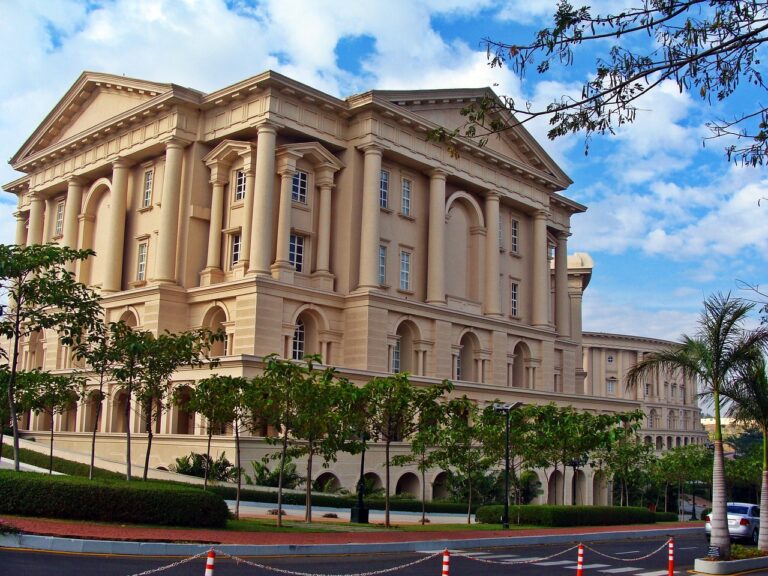The Role of Election Campaigning in Shaping Voter Perceptions
Political advertising plays a crucial role in shaping voter attitudes during elections. Through carefully crafted messages and strategically placed ads, political campaigns aim to sway public opinion in their favor. These advertisements can influence how voters perceive candidates, their policies, and their overall image.
Moreover, political advertising has the power to both inform and persuade voters on various issues. By highlighting a candidate’s strengths and promoting their achievements, political ads can create a positive narrative that resonates with the electorate. Conversely, negative advertising can also lead to doubts and skepticism about opponents, potentially swaying undecided voters in a particular direction.
The Use of Social Media in Political Campaigns
Social media has revolutionized political campaigns by providing a platform for candidates to reach a wide audience in a cost-effective way. With the ability to tailor messages based on demographics and interests, politicians can engage directly with voters and increase their visibility.
Moreover, social media allows for real-time interactions between candidates and supporters, fostering a sense of transparency and accessibility. Candidates can respond to questions, concerns, and feedback almost instantly, creating a more personalized and engaging campaign experience for voters.
The Impact of Candidate Debates on Public Opinion
Candidate debates play a crucial role in shaping public opinion during election season. These highly anticipated events provide voters with the opportunity to witness firsthand how candidates present their policies and ideas on various important issues. By showcasing their knowledge, communication skills, and ability to think on their feet, candidates can either solidify voter support or raise doubts in the minds of undecided voters.
The impact of candidate debates on public opinion can be profound. In a single debate performance, a candidate’s demeanor, body language, and responses can significantly sway the perceptions of the audience. Voters pay close attention not only to the content of what is being said but also to the way in which it is delivered. A strong performance in a debate can lead to increased trust and favorability among voters, while a weak or controversial showing can have the opposite effect.
• Candidate debates provide voters with the opportunity to evaluate candidates’ knowledge and communication skills
• Debates can solidify voter support or raise doubts among undecided voters
• A candidate’s demeanor, body language, and responses in a debate can sway audience perceptions significantly
• Voters pay attention to both content and delivery during debates
• Strong debate performances can lead to increased trust and favorability among voters
How do candidate debates influence public opinion?
Candidate debates allow voters to see how candidates handle tough questions and interact with each other, which can impact how they are perceived by the public.
Can political advertising sway voter attitudes?
Yes, political advertising can have a significant impact on voter attitudes by shaping perceptions of candidates and their platforms.
What role does social media play in political campaigns?
Social media has become an integral part of political campaigns, allowing candidates to directly engage with voters and spread their message to a wide audience.
Do candidate debates have a lasting impact on public opinion?
Candidate debates can have a lasting impact on public opinion, especially if a candidate performs well or poorly, as these perceptions can stick with voters throughout the campaign.







